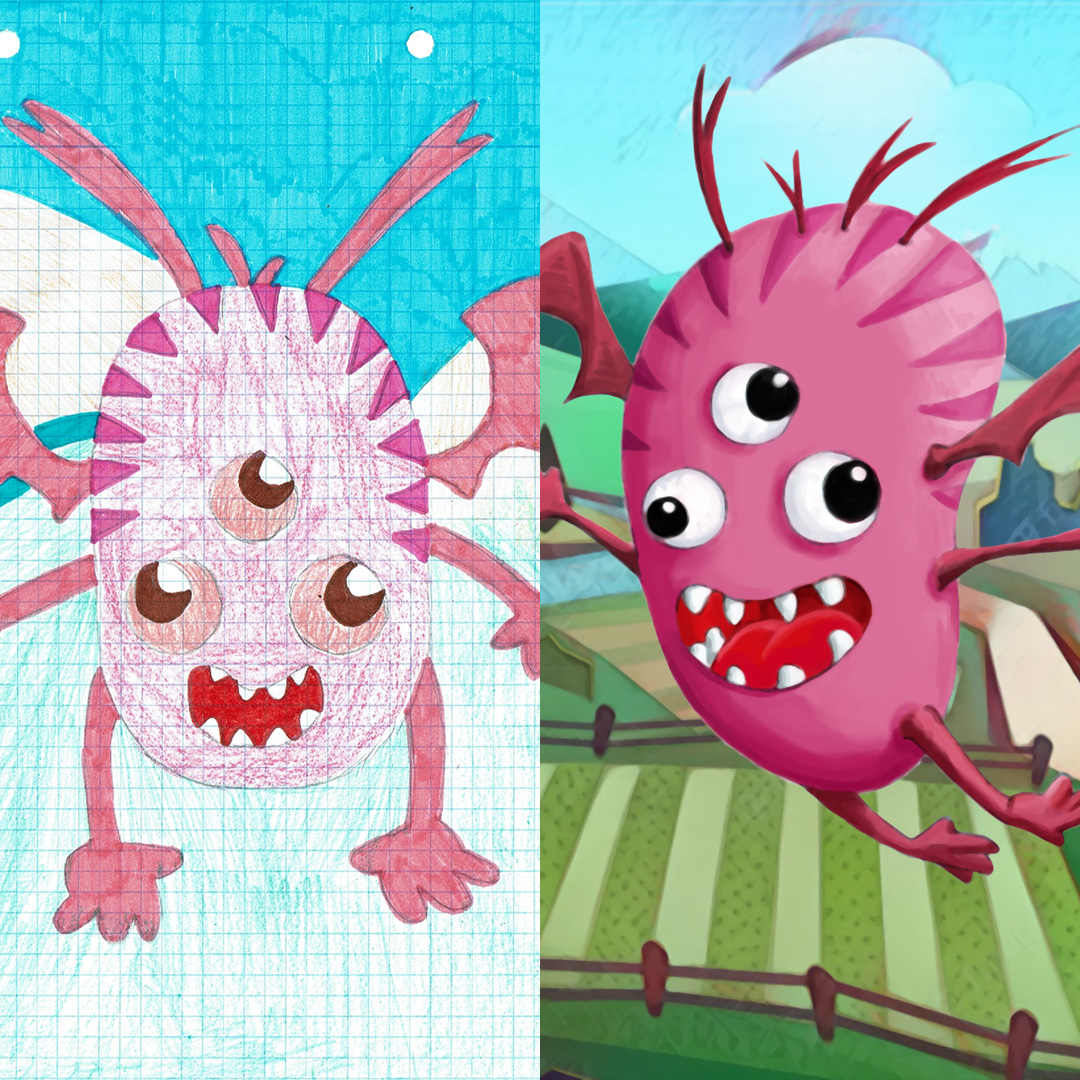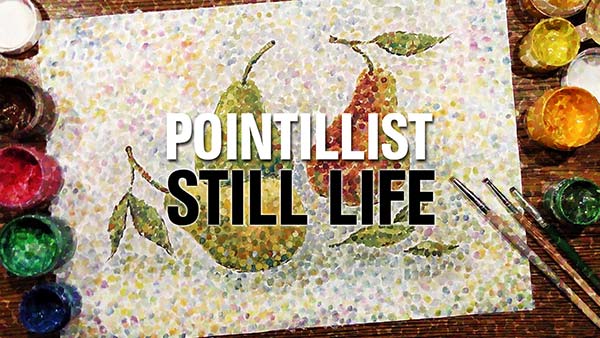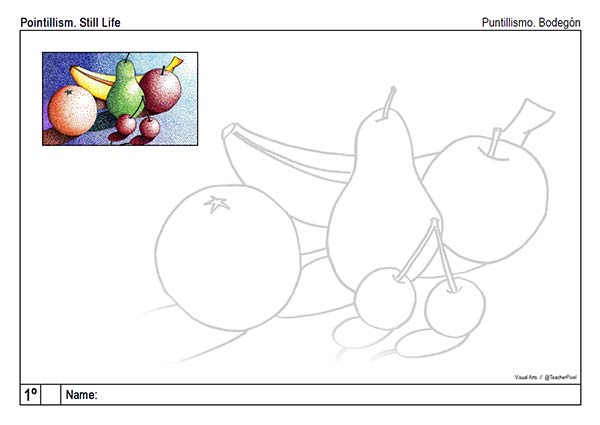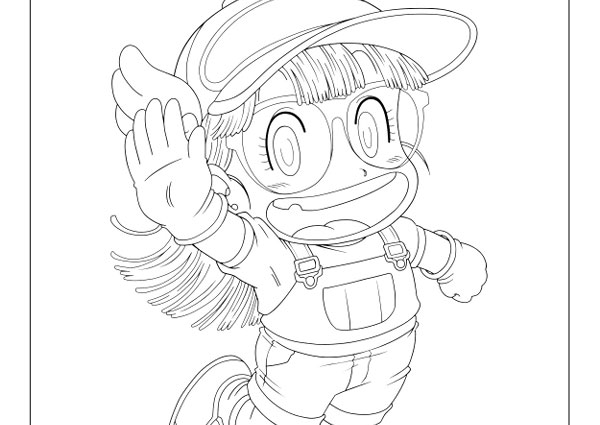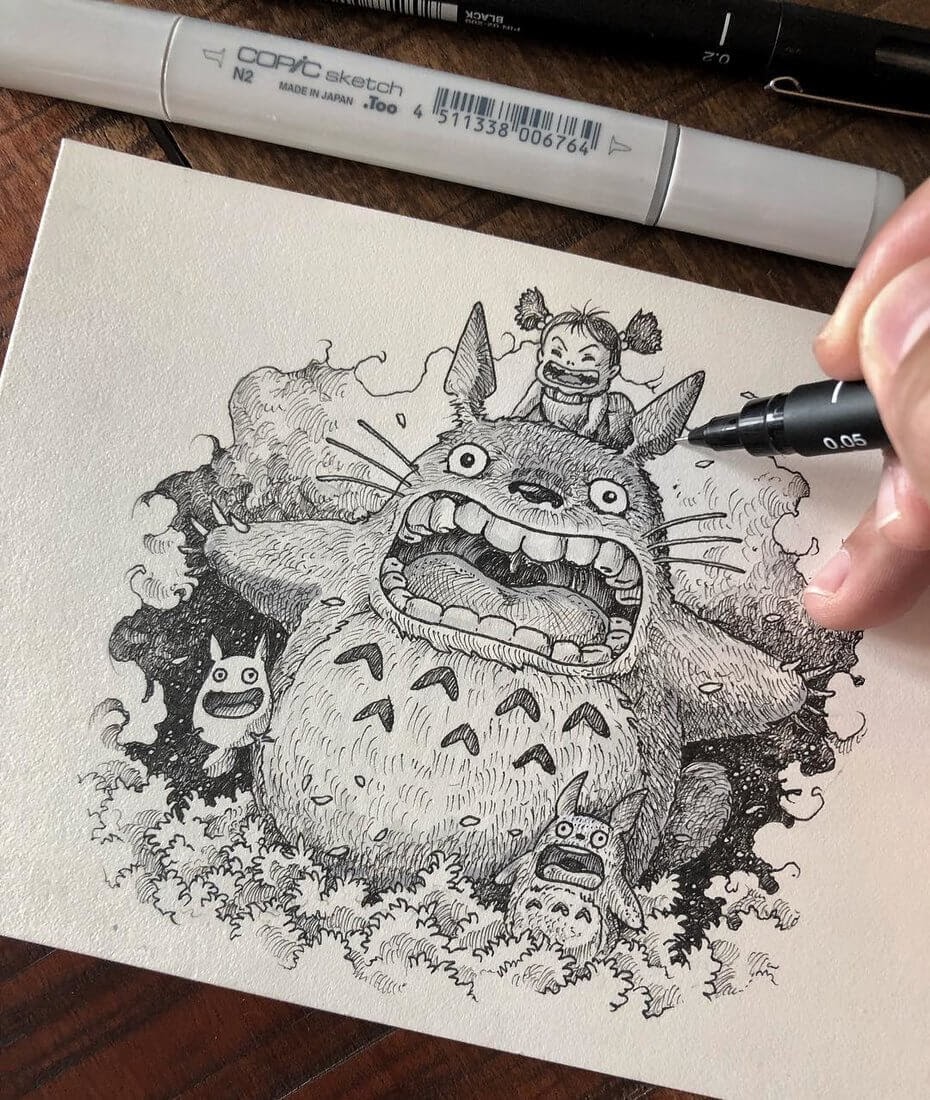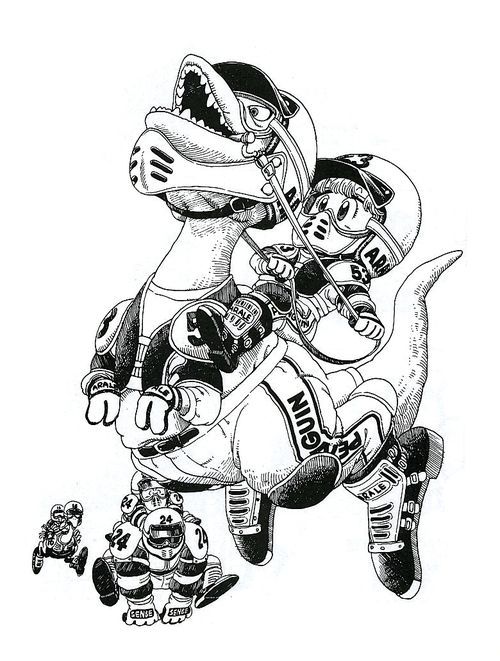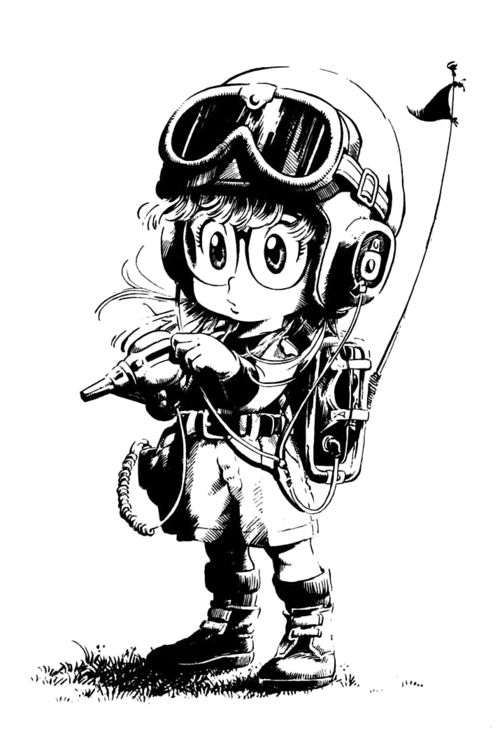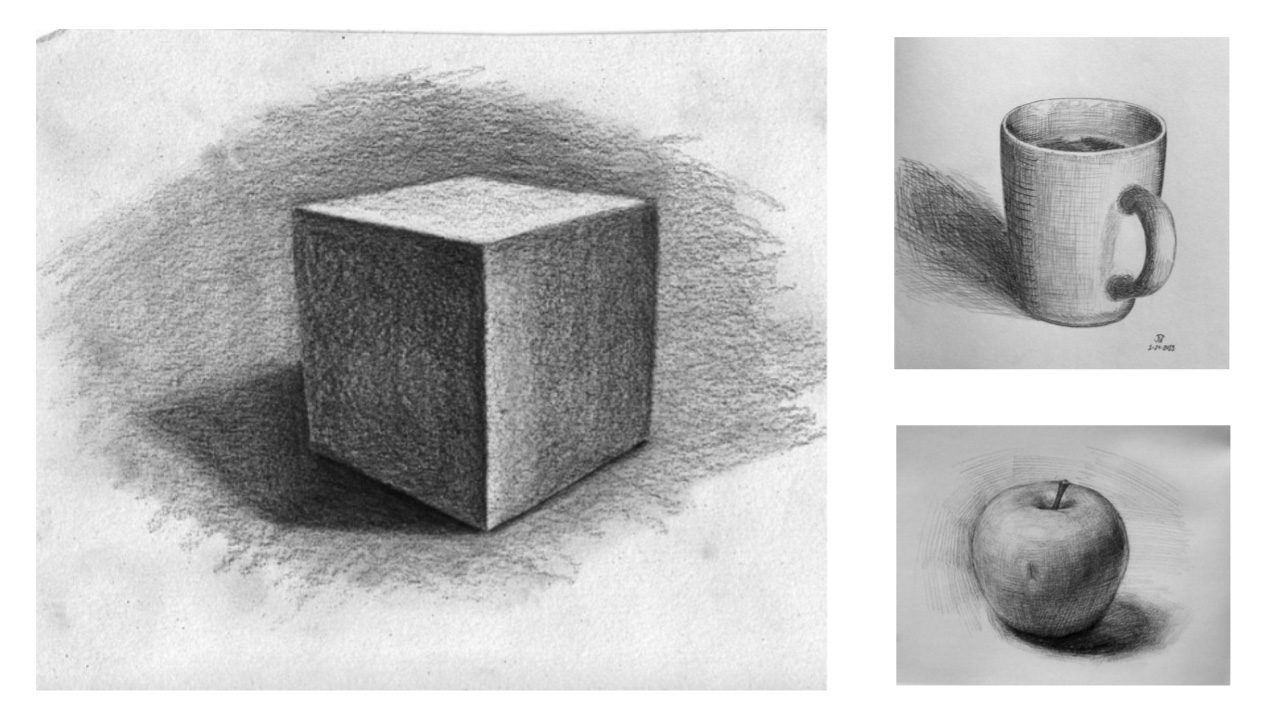Visual Arts 1º ESO - Artistic expression
A doodle is a drawing made while a person's attention is otherwise occupied. Doodles are simple drawings that can have concrete representational meaning or may just be composed of random and abstract lines, shapes or patterns.
Doodling is often spontaneous, unplanned, and can take on a life of its own. There are no right or wrong ways to doodle, it's just a personal form of creative expression.
1. Let's have a brief brainstorm: suggest different prompts.
2. Then think about them for a while, and let your mind wander!
EXAMPLES
· Abstract patterns & textures
· Zentangle & mandalas
· Kawai
· Real-life objects: buildings, characters, animals, monsters...
· Feelings, memories from your holidays...
TIPS
· Don't copy, use your imagination.
· This activity is about the process, not the final product.
· Scientific research shows that doodling can help you to relax, and have beneficial on memory and focusing.
BONUS
· How doodling can help you study
The Monster Project
This is our first project: Kids draw monsters, then artists from all over the world recreate them in their own styles!
For this task you will need these drawing materials:
· Blank sheets of paper and pencils for black and white sketching
· A better paper (it also could be bigger) and dry colours for the final illustration. You can use pencils, marker pens, crayons...
https://www.instagram.com/themonsterproject/
https://themonsterproject.org/
Students ZIP
Final ZIP
+++ AI and the end of illustration
Pointillism
These are the resources for the pointillist still life worksheet (bodegón puntillista). You must use MARKER PENS.
Your composition can represent real-life objects, or you can search for images and photos. You can also use the given worksheet.
Videos
· Apple tutorial
· Minion tutorial + Ws!
Gallery
· Frog | 1º BUP
+ Students works...
Vocabulary
· Smudge: mancha
· Bunch: montón
Bonus
· Georges Seurat
· Still life
Review this resources. You have to draw this character following the instructions given in the worksheet.
Improving your line art
Videos
· Line weight
· Digital inking
· Dragon Ball
Bonus
· Akira Toriyama
For this worksheet you will have to draw and shade basic forms following the technique given in resources.
· How to Shade Basic Forms
· http://spencerhallam.blogspot.com/p/chiaroscuro-lesson.html
EXTRAS:
· Pencils: H, HB, B...
· Gradients, blending, blur & soften, directions...
· Colored gradients worksheet
Collage (from the French coller, “to paste”) is an artistic technique consisting of choosing cutouts of images or papers of various origins, and then gluing them onto a support, composing a plastic work. In other words, it is about creating a work with fragments obtained from other sources.
This technique became very popular during the Avant-garde era, at the beginning of the 20th century. The first artists to use it were the cubist painters Georges Braque and Pablo Picasso. The works of the Spanish Violeta Monreal and the New Yorker Derek Gores are examples of the use of this technique today (SEE ATTACHMENTS).
COLLAGE TYPES:
1. Paper and/or fabric
2. With solid materials
3. With textures, reliefs and paint
4. Using digital techniques
ACTIVITY:
We will create our own Collage by composing it using elements chosen from old magazine clippings (EXAMPLE 1), or with colors as a mosaic (EXAMPLE 2).
The format is A4 on cardboard and the motif will be free of theme (landscape, still life, animals, portrait, objects).
MATERIALS:
· Magazines, newspapers, catalogues, photographs, decorated or gift papers, printed images...
· Scissors
· Glue stick or white glue
· Cardboard or thick paper for surface
· Marker pens (optional)
* It is not necessary to bring all the materials mentioned to class, only those necessary according to the type of collage to be made.
Georges Braque and Pablo Picasso
https://www.youtube.com/watch?v=jWjmVYNPFQo
https://www.violetamonreal.com/
Art Attacks Derek Gores https://www.youtube.com/watch?v=okD9UdA2bl4
5 imgs
